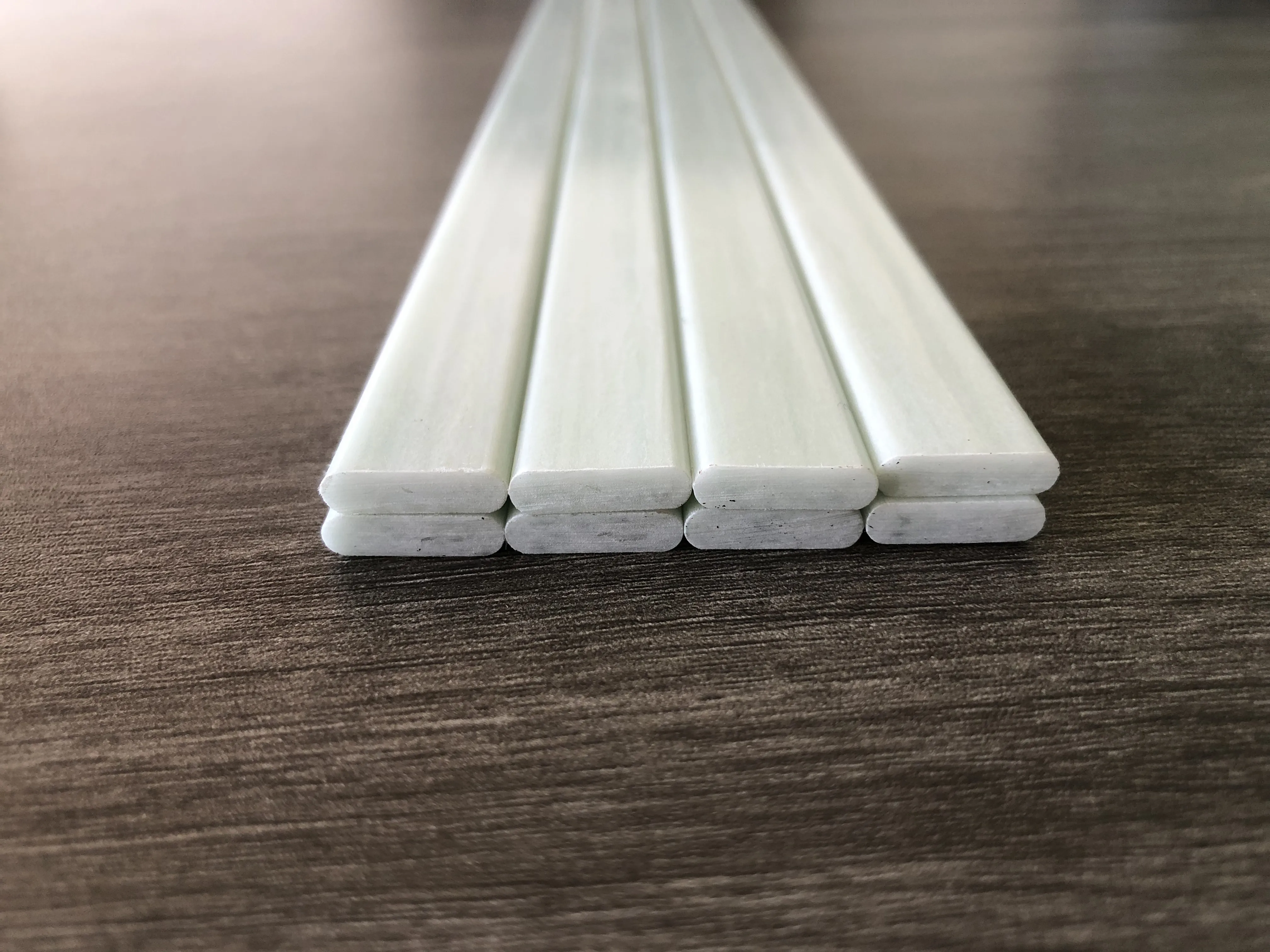loading...
- No. 9, Xingyuan South Street, Dongwaihuan Road, Zaoqiang County, Hengshui, Hebei, China
- admin@zjcomposites.com
- +86 15097380338
- Welcome to visit our website!
frp vessels
Understanding FRP Vessels A Modern Approach to Storage and Transport
Fiber Reinforced Plastic (FRP) vessels have gained significant traction in various industrial applications due to their superior properties when compared to traditional materials like steel and concrete. This article delves into the unique characteristics, benefits, and applications of FRP vessels, illuminating why they are becoming the preferred choice for many industries.
What are FRP Vessels?
FRP vessels are composite structures made from a polymer matrix reinforced with fibers, typically glass, carbon, or aramid. These fibers provide the vessel with exceptional strength and resilience, while the plastic matrix offers corrosion resistance and lightweight characteristics. The combination results in vessels that are not only durable but also versatile, capable of serving myriad functions in diverse environments.
Advantages of FRP Vessels
1. Corrosion Resistance One of the most compelling advantages of FRP vessels is their inherent resistance to a wide range of corrosive substances. Unlike steel vessels, which can corrode when exposed to harsh chemicals, FRP vessels maintain their integrity and performance, leading to lower maintenance costs and longer lifespans.
2. Lightweight The lightweight nature of FRP vessels simplifies handling and installation, reducing transportation costs and facilitating ease of relocation when necessary. This trait is particularly advantageous in remote locations where heavy lifting equipment might not be available.
3. Flexibility in Design FRP materials can be molded into complex shapes, allowing engineers to create custom vessels tailored to specific requirements. This design flexibility helps optimize the vessel for unique applications that traditional materials cannot accommodate.
4. Thermal Insulation FRP has better thermal insulation properties compared to metals. This quality makes FRP vessels suitable for storing temperature-sensitive materials, ensuring that their contents are protected from extreme temperature fluctuations.
5. Low Maintenance Costs Given their resistant properties, FRP vessels require minimal maintenance. This advantage translates into significant cost savings over the lifespan of the vessel, making them an economically viable choice for industries.
frp vessels

Applications of FRP Vessels
FRP vessels have found applications across various sectors due to their adaptability and reliability.
- Chemical Processing In the chemical industry, where corrosive substances are prevalent, FRP vessels are extensively used for storage and transportation. They can safely contain acids, alkalis, and other corrosive materials without risking leaks or structural damage.
- Water Treatment FRP vessels are commonly employed in water treatment processes, including filtration and storage of treated water. Their resistance to corrosion and chemical degradation ensures the integrity of the water quality.
- Food and Beverage In the food and beverage industry, FRP vessels are used for storing ingredients and finished products. Their non-reactive nature ensures that no harmful substances leach into consumables, adhering to strict health and safety regulations.
- Oil and Gas The oil and gas sector uses FRP vessels for their lightweight properties, which facilitates installation even in challenging environments. Their durability under various pressures and temperatures makes them ideal for storing oil and gaseous products.
- Pharmaceuticals The stringent requirements in pharmaceuticals make FRP vessels an ideal choice for storing sensitive chemicals and compounds, ensuring no contamination occurs.
Conclusion
FRP vessels exemplify the intersection of innovation and practical application in modern industry. With features that cater to the demands of various sectors, their growing popularity is justified. As industries continue to seek materials that provide durability, cost-effectiveness, and performance, FRP vessels are likely to play an increasingly pivotal role in the future of storage and transportation solutions. Whether in chemical processing, water treatment, or pharmaceuticals, FRP vessels offer a resilient option that meets today's complex industrial needs.
-
The Rise of FRP Profiles: Strong, Lightweight, and Built to LastNewsJul.14,2025
-
SMC Panel Tanks: A Modern Water Storage Solution for All EnvironmentsNewsJul.14,2025
-
GRP Grating: A Modern Solution for Safe and Durable Access SystemsNewsJul.14,2025
-
Galvanized Steel Water Tanks: Durable, Reliable, and Ready for UseNewsJul.14,2025
-
FRP Mini Mesh Grating: The Safer, Smarter Flooring SolutionNewsJul.14,2025
-
Exploring FRP Vessels: Durable Solutions for Modern Fluid HandlingNewsJul.14,2025
-
GRP Structures: The Future of Lightweight, High-Performance EngineeringNewsJun.20,2025
